Flutter through the Cockrell Butterfly Center at the Houston Museum of Natural Science and you will discover hundreds of live butterflies, exotic insects and remarkable plants in a verdant rainforest environment.
Housed in a unique, three-story glass structure, this spectacular, living exhibit is designed to be an interactive experience where butterflies flutter among-and occasionally land on-visitors. Watch as butterflies from as far away as tropical Asia and South America hover over bright flowers or sip fruit juice from feeding stations.

Cockrell Butterfly Center at the Houston Museum of Natural Science’ Three-Story Glass Structure | Credit: Photography ©️ HMNS/Mike Rathke
To provide a comfortable home for butterflies, the conservatory mimics the environment of Central America. Trees such as mahogany, ironwood, and palms, as well as twisting trunks of lianas, weave a lush canopy above the ginger, aroids, ferns, orchids, bromeliads and prayer plants.
Far more than simply a butterfly habitat, the Cockrell Butterfly Center is a complete insect exhibit. The Brown Hall of Entomology is a multi-story display that surrounds the main conservatory and showcases live, exotic insects from all over the world.

Cockrell Butterfly Center at the Houston Museum of Natural Science | Credit: Photography ©️ HMNS/Mike Rathke
Just like a butterfly in its chrysalis, the Cockrell Butterfly Center has experienced a transformation of its own. The center has undergone some exciting changes to make your future visits with the butterflies not only better, but more accessible for all.
The center is part of the Houston Museum of Natural Science — one of the nation’s most heavily attended museums — located at 5555 Hermann Park Drive in the heart of the Museum District.

Lauren Davidson Manager of the Cockrell Butterfly Center at the Houston Museum of Natural Science
The Butterfly Center and the museum as a whole are always a great adventure.
We decided to ask Lauren Davidson, manager of the Cockrell Butterfly Center, about all of the high-flying goings on at the center.
Please tell us about the center as well as your background.
The Cockrell Butterfly Center opened in 1994, which happened to also be the first year I visited as a child. It instantly became my favorite place in the world and continually fueled my curiosity about insects and their relatives. After receiving my degree in Entomology from Texas A&M, I returned to the museum as the Butterfly Entomologist, also known as a Lepidopterist. In 2021, I was promoted to manage the very place that inspired my career!
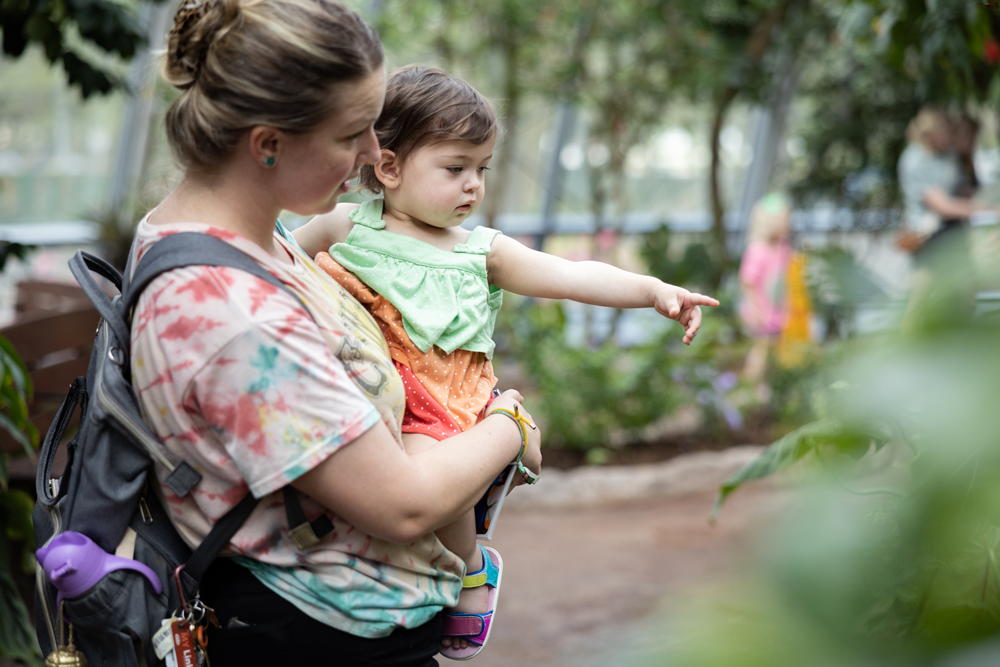
Kids Love Visiting the Museum’s Butterfly Center | Credit: Photography ©️ HMNS/Mike Rathke
Also read: An American Dream In The Lone Star: What Real Estate And TV Powerhouse Lily Jang Loves About Texas
What do people who are considering visiting with the butterflies need to know?
The rainforest habitat is filled with tropical plants and butterflies. It is always warm and a little humid, no matter the time of year. You might even spot a reptile or two! In our Brown Hall of Entomology, you can find living and preserved arthropods (“bugs”) from all over the world as well as watch real butterflies emerge from their pupae.

You Might Encounter a Reptile or Two at this Houston Museum’s Butterfly Center | Credit: Photography ©️ HMNS/Mike Rathke
What can someone expect to happen during their visit?
Guests walk amongst the free-flying butterflies in the exhibit. They can watch many behaviors including feeding, mating, and roosting. If they’re lucking, a butterfly may even land on them for a great photo op!
What are some surprising facts about butterflies?
There are a lot of things people may not know about butterflies! For example, butterflies rely on host plants (the plants on which they lay their eggs on—think monarchs and milkweed). Each type of butterfly has a different host plant. Also, not all butterflies feed on nectar as adults. Many prefer overripe fruit, sap, dung, and even carrion!

Butterfly at the Houston Museum of Science | Credit: Photography ©️ HMNS/Mike Rathke
Where are these butterflies coming from?
Some 90 percent of our butterflies come from sustainable tropical butterfly farms all over the world, including Asia, Africa, and Central & South America. The farms we purchase our pupae from use their proceeds for reforestation projects or conservation initiatives. We raise the other 10 percent of our butterflies in our greenhouses.

Visitors Take Photos of Butterflies at the Center | Credit: Photography ©️ HMNS/Mike Rathke
What is good butterfly etiquette?
Guests should remember that to butterflies, we look like predators. Touching or disturbing the butterflies in any way can be very stressful for them. It is also the worst way to get a butterfly to land on you. We always recommend finding a warm, sunny spot and wait for the butterflies to come to you. Wearing bright colors helps as well.

Guests of the Cockrell Butterfly Center at the Houston Museum of Natural Science | Credit: Photography ©️ HMNS/Mike Rathke
What do you love about living in Houston and Texas in particular?
Houston is the most diverse city in the country. Want to try Bosnian food? We have it! Texas as a state is so vast. We have everything including white sand beaches, mountains, deserts, and even snow.
Aside from this exhibit what are a few of the places and things people should see if they come to Texas?
If you are visiting the museum, the Houston Zoo is just across the park from us. If you’d like to see more butterflies, the Texas Discovery Gardens in Dallas also has an exhibit. The entire city of Austin is always a great place to visit as well as the Riverwalk in San Antonio!
What do you love about living here?
I love that there is always something new to do in Houston. You never get bored living here! Texas is great because even though the state is very large, you are usually within driving distance of a cool state park, vacation spot or big city.
Do you have any favorite eateries?
There are so many great restaurants in Houston, it is hard to narrow it down to just a few. Henderson & Kane has a general store that sells local goods and serves awesome barbeque! You can’t go wrong with the beef fajitas and some margaritas at any of the El Tiempo locations. West Alabama Ice House has an awesome vibe and a fantastic food truck across the street with amazing tacos!




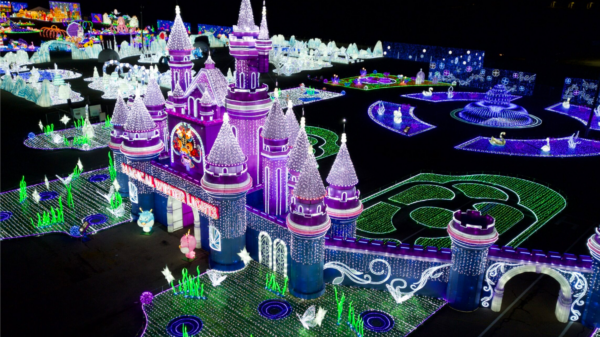

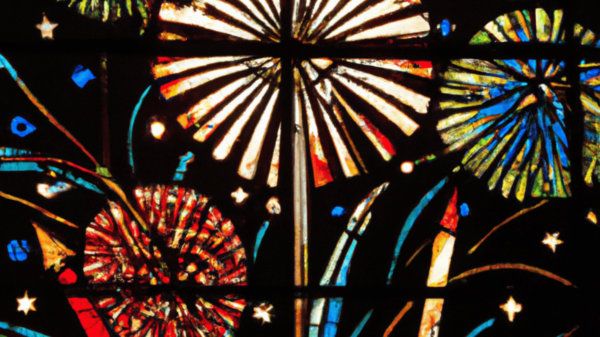
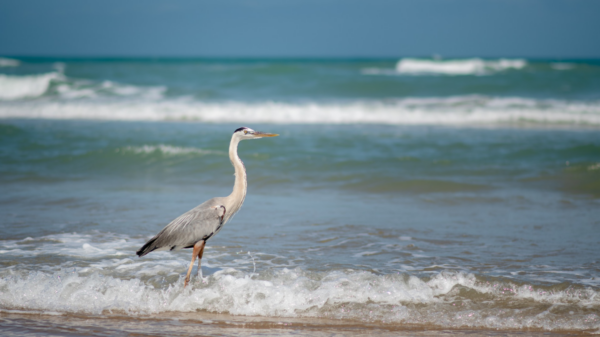
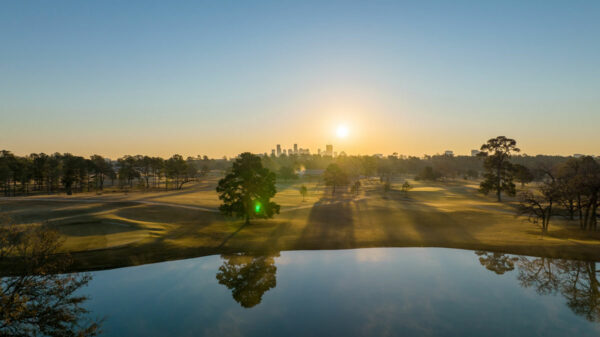
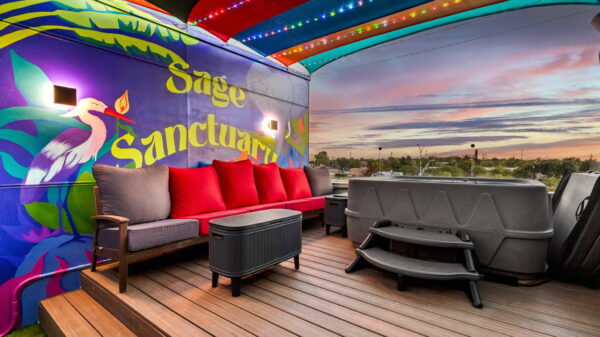

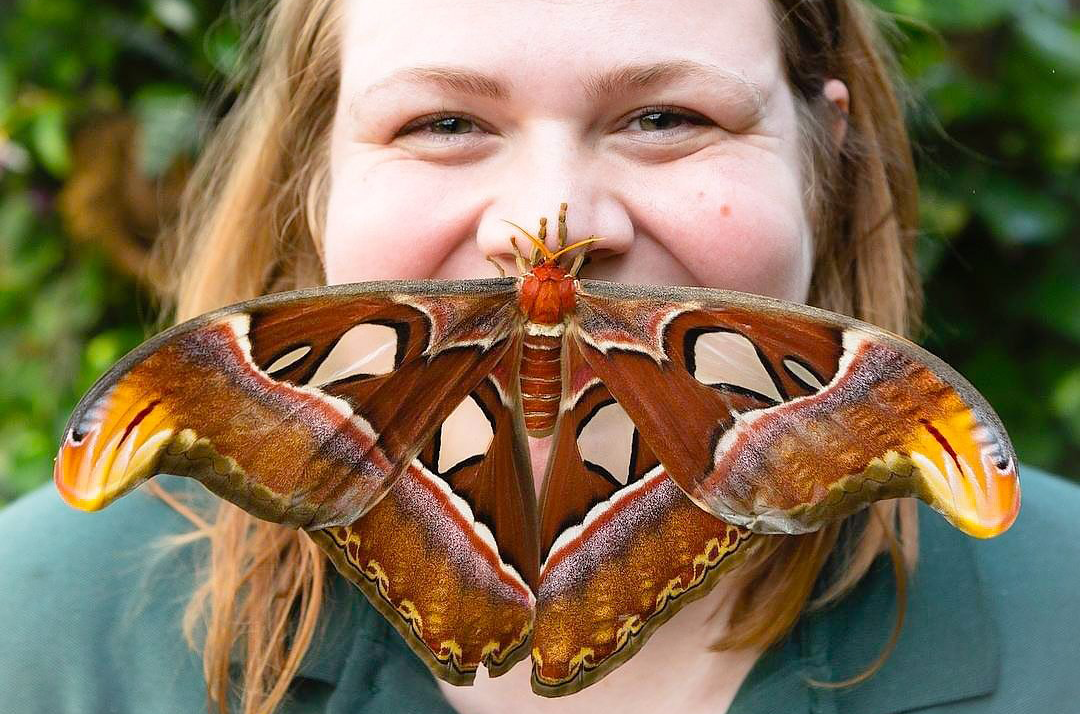

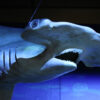
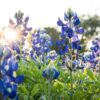


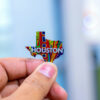
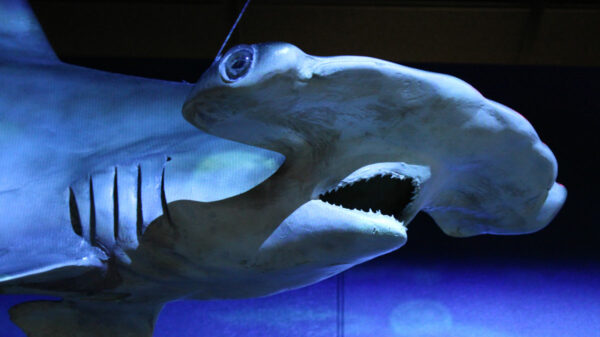
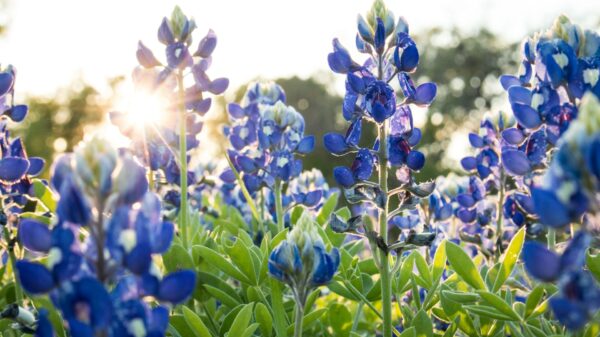
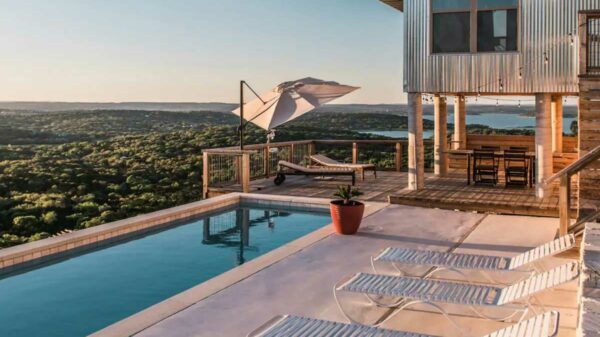

Pingback: Easter Fun in Houston | A Texas Guide
Pingback: Holy Land in Texas at the 3J Museum in Katy TX | A Texas Guide
Pingback: Sharks Exhibit at the Houston Museum of Natural Science | A Texas Guide